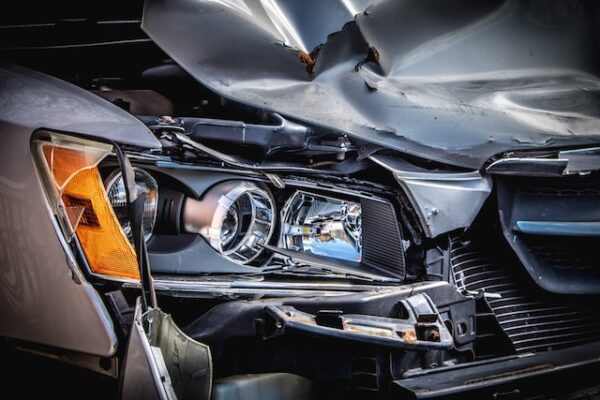A car accident deposition is a vital part of the legal process for seeking compensation. The opposing attorney will ask questions to gather information and establish facts. Be prepared to answer these questions confidently. Here are some common questions.
Be honest and truthful in your answers. Don’t exaggerate or make up information. The opposing attorney will look for inconsistencies, so think carefully before answering. Be prepared for questions about the accident, your injuries, and damages.
- Can you describe the events leading up to the accident?
- This question creates a timeline of events and provides your perspective on how the accident happened. Be sure to give a clear and concise account, emphasizing relevant details such as road conditions, traffic signals, and the actions of other drivers involved.
- Were there any witnesses? If yes, can you give their names and contact information?
- The opposing attorney may inquire about witnesses to corroborate your version of events. Be prepared to provide the names and contact information of any individuals who witnessed the accident. It’s important to have obtained this information at the scene.
- Were you obeying traffic laws at the time of the accident?
- This question is posed to determine if traffic violations contributed to the accident. Be honest about your adherence to traffic laws, including speed limits, signaling, and right-of-way rules.
- Were you distracted in any way just before the accident?
- Distracted driving causes car accidents. Answer truthfully about distractions, as inconsistencies undermine credibility.
- Did you seek medical attention after the accident? If yes, can you provide details about your injuries and treatment?
- The opposing lawyer will most likely ask about the extent of your injuries and the medical treatment you received. Be sure to recount your injuries accurately, the medical professionals you consulted, and the treatments or therapies you underwent.
- Have you had any previous accidents or traffic violations?
- The attorney may ask about your driving history to determine if there is a pattern of negligent behavior. Disclose any previous accidents or traffic violations, as providing false information can severely affect your case.
- Did you photograph or record the accident scene or your injuries?
- Your lawyer may inquire about any visual evidence you have from the accident scene. For instance, if you have photographs or videos, mention them and offer to provide copies if needed. Visual evidence can help support your case.
- Did you discuss the accident or your injuries with anyone else after the incident?
- The attorney may want to know if you talked about the accident with others, such as friends, family, or on social media. Be truthful about any previous conversations or statements, as they might be used as evidence during the case.
Remember, these are general questions, and the specific questions asked during a car accident deposition can vary greatly depending on the circumstances of the case. Therefore, it is essential to consult with your attorney to prepare adequately and ensure you understand your rights and obligations during the deposition process.
In conclusion, a car accident deposition involves answering questions posed by the opposing attorney to gather information and establish the facts of the case. By familiarizing yourself with common questions and preparing truthful and concise responses, you can navigate the deposition process confidently and contribute to building a solid case. Remember to consult with your attorney for guidance tailored to your specific situation.
